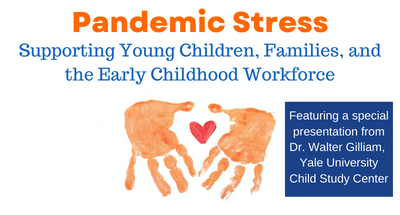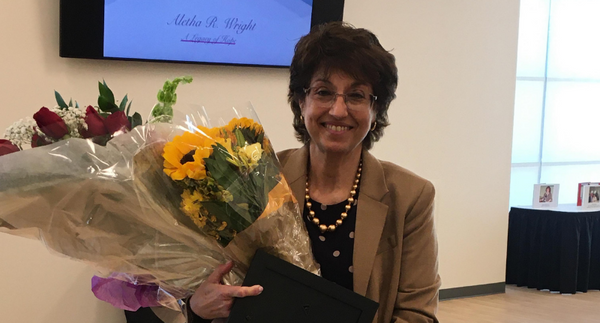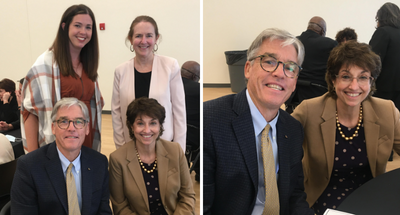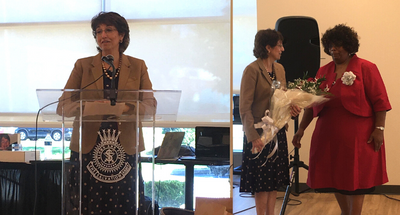Posted on October 12, 2021
The final governor's debate is happening on October 12th between major party candidates Jack Ciattarelli and incumbent Phil Murphy! Watch live at 8:00 PM as Ciattarelli and Murphy square off at Rowan University on the Glassboro campus.
You can view and listen to the livestream at:
- NJ PBS
- NJ Spotlight
- Rowan University
- Public radio station WNYC (either 93.9 FM and 820 AM)
Be informed. Download our 2021 Election Guide, where we break down important issue areas relevant to our state's youngest residents. Early voting runs from Saturday, October 23rd through Sunday, October 31. Election day is November 2nd.
Join the conversation! ACNJ will also be live-tweeting during the debate. Use the hashtags #NJGovDebate and #NJVotes4Kids so that we can get candidates to address New Jersey's persistent child care crisis and what babies need to support their healthy growth and development. Here are some messages to get you started.





 Today, ACNJ senior policy analyst Cynthia Rice was presented with the esteemed Aletha R. Wright, Excellence in EarlyCare and Education Award by the New Jersey Early Care and Education Alliance. Aletha served tirelessly for the benefit of children and families throughout New Jersey and the United States. Her characteristics of leadership, dedication and excellence was recognized by the New Jersey Child Care Advisory Council and now by the New Jersey Early Care and Education Alliance. The award is presented in her memory.
Today, ACNJ senior policy analyst Cynthia Rice was presented with the esteemed Aletha R. Wright, Excellence in EarlyCare and Education Award by the New Jersey Early Care and Education Alliance. Aletha served tirelessly for the benefit of children and families throughout New Jersey and the United States. Her characteristics of leadership, dedication and excellence was recognized by the New Jersey Child Care Advisory Council and now by the New Jersey Early Care and Education Alliance. The award is presented in her memory.
